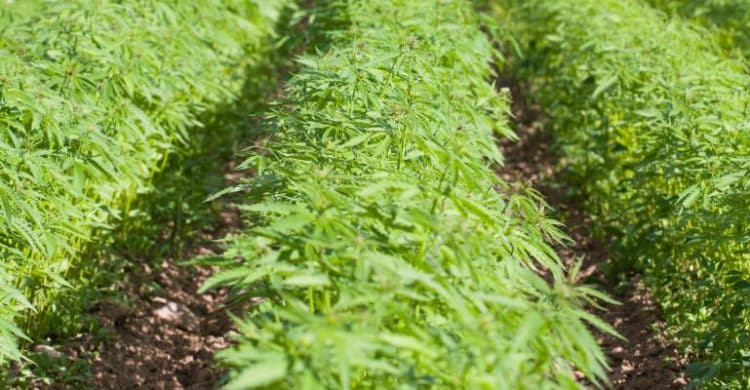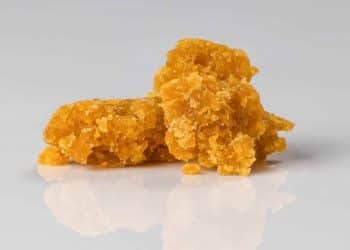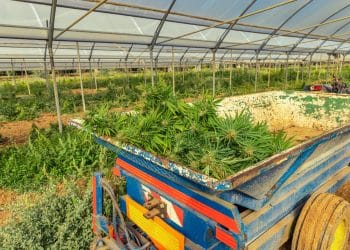At the end of 2018, President Trump quietly signed the 2018 Farm Bill, legalizing hemp nationwide.
The legislation is being heralded as a game-changer by the cannabis industry. Maligned by the federal government for years, hemp-derived CBD is now expected to flourish. Consumers in every state can legally purchase raw hemp materials.
“The 2018 Farm Bill is an 807-page document. Hemp is discussed only a few times throughout this document; however, the impact on the industry is epic,” co-founder and lead formulator at JBK Wellness Labs, Dr. Jenelle Kim said.
“Ultimately, the Farm Bill will end the era of hemp prohibition and would deem that hemp is an agricultural commodity and is removed from the Controlled Substances Act…”
The sprawling bipartisan bill comes with an $867 billion price tag. In addition to legalizing hemp, it provides succor for distressed farmers and revises the national Supplemental Nutrition Assistance Program (SNAP). It also funnels money toward farm markets.
The Wild West of the CBD market will be reined in now that it’s subject to explicit laws. For instance, companies have to be careful not to make an unverified medical claim. This rule was often ignored when CBD existed in a legal grey zone.
Immediately after the 2018 Farm Bill was signed, the U.S. Food and Drug Administration announced that adding CBD to food products and selling them across state lines was still banned.
The FDA is facing heavy pressure from multiple sides to alter its position. Oregon Sens. Ron Wyden and Jeff Merkley sent a letter to FDA Commissioner Scott Gottlieb last month.
“Farmers in Oregon and nationwide are poised to make real economic gains for their communities once these regulations are updated,” the pair explained.
Consumers who live in states with a medical or recreational cannabis market can buy CBD and CBD-infused products at their local dispensary. Everyone else can buy CBD online or at a specialty store.












